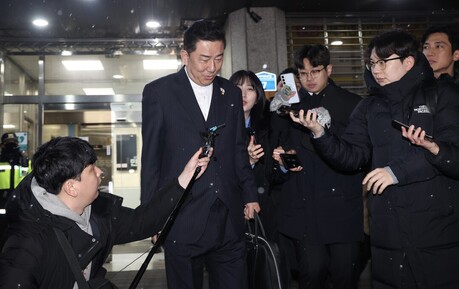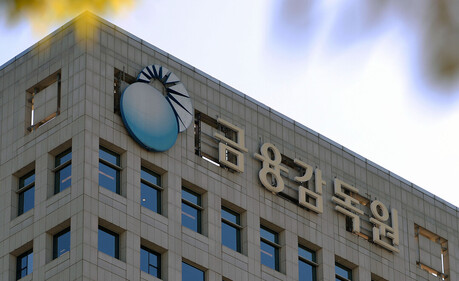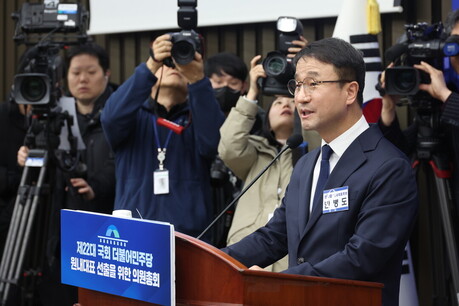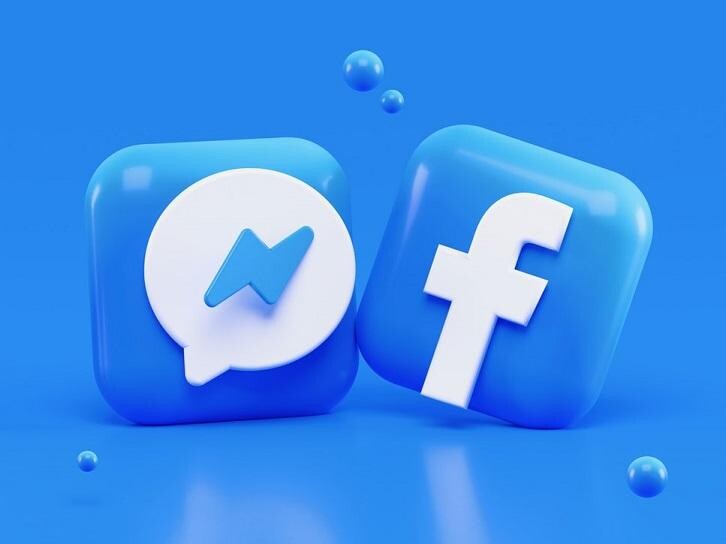
On April 12nd, after the end of the English Premier League game between Tottenham Hotspur and Manchester United, social media platforms turned to be a place for abhorrent racist abuse, targeting at Korean forward, Son Heung-min.
After the controversial refereeing, which was involved in an incident that Manchester United had a goal disallowed, with Scott McTominay’s foul against Son, Manchester United fans left a series of offensive comments on Instagram, mostly racially bullying the Korean footballer. The vast majority of comments ridiculed Son, simply because he’s Korean, rather than his behavior on the pitch.
Shortly after racist comments against Son wildly spread on Instagram, Tottenham’s official bemoaned racist abuse on social media.
Another matchday and more abhorrent racial abuse suffered by one of our players. This has again been reported to the platforms and we shall now undertake a full review alongside the Premier League to determine the most effective action moving forward.
— Tottenham Hotspur (@SpursOfficial) April 11, 2021
We stand with you, Sonny. pic.twitter.com/fNBpSykJJo
Alas, while Son was subjected to racism, Facebook, which owns Instagram and is responsible for making the platform to be healthy with the prevention of the rise of hatred based on someone’s backgrounds, sat idle on the case.
Indeed, social media posts that promote racism and hatred, have long been distributed on social media, but major platforms lacked preemptive measures on tackling hatred and racism. Rather, most platforms have been slowed to respond to the issues, leading fake news based on hatred to thrive.
Social media companies claim that they bash away on fighting against the circulation of racism, hate speech, and fake news, yet nothing much has been changed.
After the spread of COVID-19 across the world, misinformation about the virus and vaccines, as well as the rise of the hatred of Asians, have become widely spread. With the surge of conspiracy theories and misinformation, many have urged Facebook to promptly remove contents that propagate false information. A fierce criticism about Facebook’s lack of responsibility on tackling fake news made the tech giant add labels on some posts that risk delivering wrong information.
But, per WIRED UK, Facebook properly added warning labels written in English, while most Arabic contents that spread extremism and disinformation about COVID vaccine had no single label, while racking up millions views and likes. For this issue, Facebook hasn’t ever clearly explained anything.
Facebook has claimed that it pursues the connection between its users. If anything, Facebook’s attitudes toward racist comments and the distribution of misinformation related to the pandemic let hatred against some groups and extremism to mushroomed.
The company’s only efforts to add warning labels on contents have done nothing to address the chronic issues about the rise of hate speech, misinformation and fake news. To tackle the issues, the harsher rules are indispensable. The governments and regulators impose strict rules on social media platforms to eradicate contents that spread discriminations, misinformation and fake news. A cooperation among the governments is also important, given that social media contents can affect users across the border. And, users also have to remain vigilance to keep social media companies take proper measures on malicious contents.
[저작권자ⓒ CWN(CHANGE WITH NEWS). 무단전재-재배포 금지]



















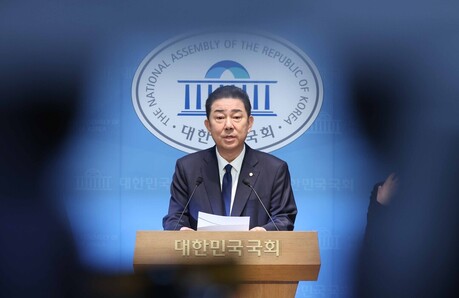




![[구혜영 칼럼] 사회복지교육은 미래복지의 나침반이 되어야](/news/data/2026/01/16/p1065596364370517_157_h.png)


